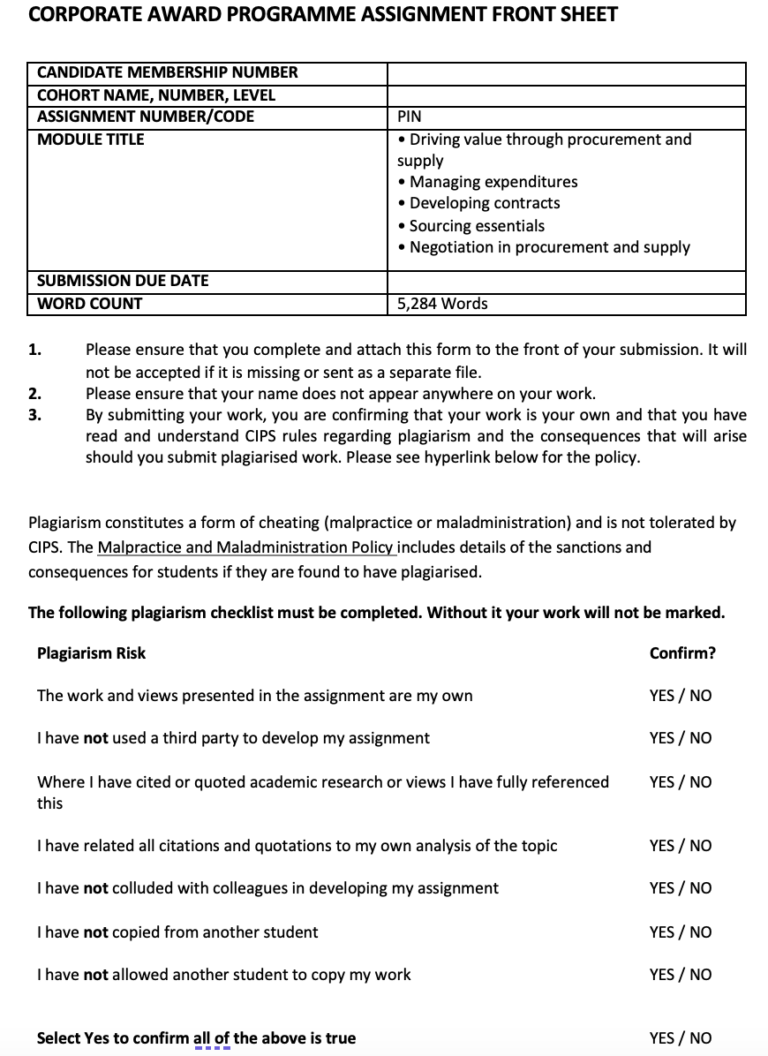Description
Solution
A PESTEL analysis is a framework used to analyse the macro-environmental factors that may have an impact on an organisation as evidenced by CIPD (2023a). PESTEL stands for Political, Economic, Social, Technological, Environmental and Legal.
Political factors:
Recent legislation on equal pay could impact GA Pensions’ reward strategy. The Equality Act of 2010 reinforced the need for equal pay for equal work regardless of gender (Supervisor & Malla, 2018). This means GA Pensions needs to ensure pay levels are objectively justified and there are no unexplained gender pay gaps. This could increase pay transparency and lead to adjustments in some roles to align with market rates.
Economic factors:
Fluctuations in the economy may influence reward decisions. During economic growth, organisations may have more flexibility to offer higher pay raises and bonuses to attract and retain talent (Tatenda & Moment, 2014).). In a recession, budgets are tighter so rewards may be limited to core benefits with a focus on non-monetary recognition. GA Pensions will need strategic reward packages that are sustainable through different economic cycles.
Social factors:
Changing social and family dynamics impact the reward environment as evidenced by Tomlin et al (2017). Younger generations increasingly value flexible working to balance career and personal life. Offering flexibility allows GA Pensions to attract and engage younger employees by catering to this social trend. It helps portray the company as family-friendly and modern in its employment practices. However, flexibility must be applied judiciously to avoid accusations of favoritism. a holistic consideration of the political, economic and social landscape through a PESTEL lens can help GA Pensions design reward strategies that are socially responsible, compliant with legal requirements, and responsive to macro-trends, thus strengthening their employer value proposition over the long run.
Evaluate the most appropriate ways in which benchmarking data can be gathered and measured to develop insight. (AC 2.2)
Short references should be added into your narrative below. Please remember to only list your long references in the reference box provided at the end of this section.Word count: Approximately 400 words
Please click the following icon to access this assessment in full
Related Papers
(Solution) CIPS Module Title Developing Contracts in Procurement and Supply- PDC
- Expand the terms and conditions by adding additional clauses to make them more comprehensive.
- Verify that the suppliers selected have prior experience in providing comparable services to prevent battle of the forms.
- Include provisions in the terms and conditions that align with relevant KSA legislations to enhance their applicability.
- Conduct a benchmark analysis on top-performing organisations in the oil and energy industry in the KSA to enhance their terms and conditions
- Enhance the expertise of the PS&M teams to effectively manage the terms and conditions without encountering significant difficulties.
(Solution) CIPD Level 7 7HR02 Question 3 (AC 3.1) short and a long-term approach that could be implemented to meet the current and future demand for talent
(Solution) CIPS PIN Final Assessment Negotiation in procurement and supply
- In this integrative assessment for Corporate Award Program establishes it has provided a formal commercial negotiation for Occidental of Oman operating in oil and gas industry.
- Commercial negotiation plan has been developed by reference to data, factual information and CIPS tools. HSE and chemicals portfolio spend category has been identified and evaluated in-depth to come up with an appropriate negotiation plan.
- The importance of identifying the HSE and Chemicals are informed by the previous COVID-19 pandemic which has informed on the need for adopting healthy business environment which is free from any infections.
- Further, coming from the pandemic where the level of business operations had significantly reduced and the organisation need to restart their operations by cleansing their systems and machines. In this case, the need for HSE and the chemicals portfolio in Occidental of Oman has been in an upward trajectory.
- For negotiation successful implementation, Occidental of Oman involves professionals, terms and conditions initiated, holistic readiness and streamlined procurement and supply chain approaches. This is with good forecast and plans being core for guaranteeing customers services delivery on time.
- From the analysis, different tools including SWOT, PESTLE and 4R’s have evidenced that Occidental of Oman is always on the advantage of ensuring they achieve the Best Alternative for Negotiated Agreement (BATNA).
- Also, this report highlight the need for holistic planning by prioritising on all expectation from the initial opening to the closure and agreement phases of negotiation.



